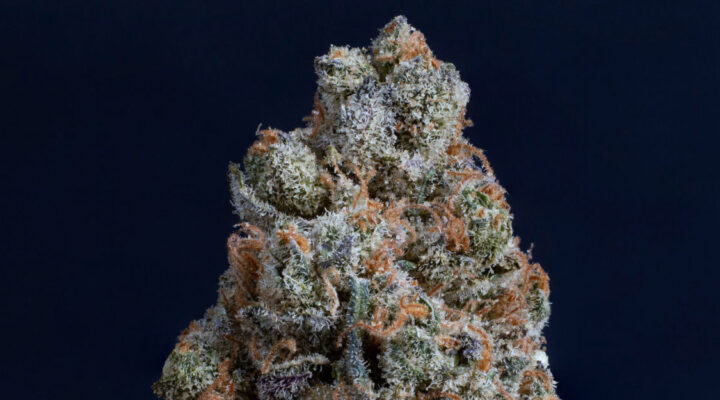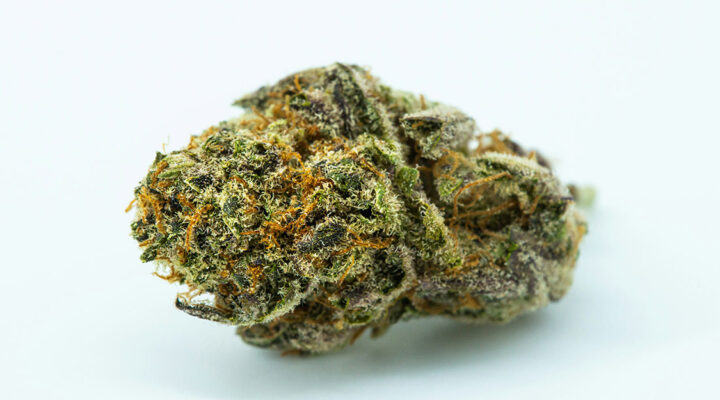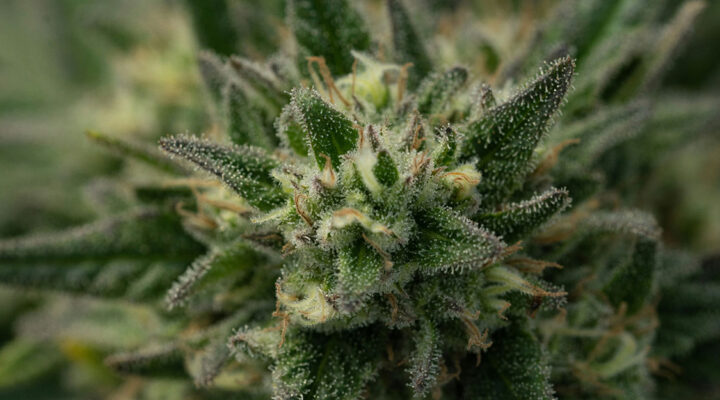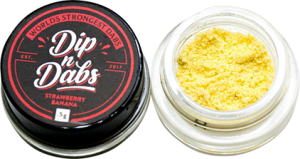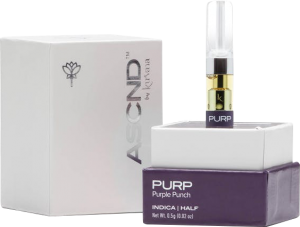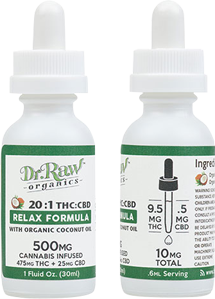Throughout Women’s History Month, we have had the opportunity to illuminate some of the women pioneers in the cannabis industry that have been major drivers in its upward progression. Women and cannabis are uniquely entwined and as the industry continues to grow, so do the women involved.
According to Weed Week, only 8% of cannabis CEOs are women, though statistically women account for “48% of new customers in 2020.” These statistics are staggering and certain issues within the industry began to take center stage when I began researching for Women’s History Month.
Sustainability. Visibility. Accessibility. Accountability. These factors are at the forefront of every conversation that I had pertaining to women and cannabis. I didn’t realize when I started researching that so many women would be indirectly aligned with these shared values.
This is completely evident in the business models that women provide. This is also evident in the community outreach that women support and initiate. Women cannabis owners are not only pertinent to the cannabis industry, but also within their own communities, as they provide more holistic access and provide space for change.
Cannabis is an engaging plant. The relationship women have built around it is more exciting now, than ever, because it’s happening in real time. Women are achieving these monumental accomplishments in the same space that they were previously diminished. Women are connecting other women together and offering alternative methods to accomplish our goals.
I had a chance to speak with Christina Forbrich, known to many as The Canncierge, about the powerful place women have in the industry and where she expects it to grow. Christina is iconic to the San Diego cannabis community for her professional cannabis consultations, pertinent cannabinoid education, incredible sense of humor, unapologetic attitude and extensive cannabis knowledge. 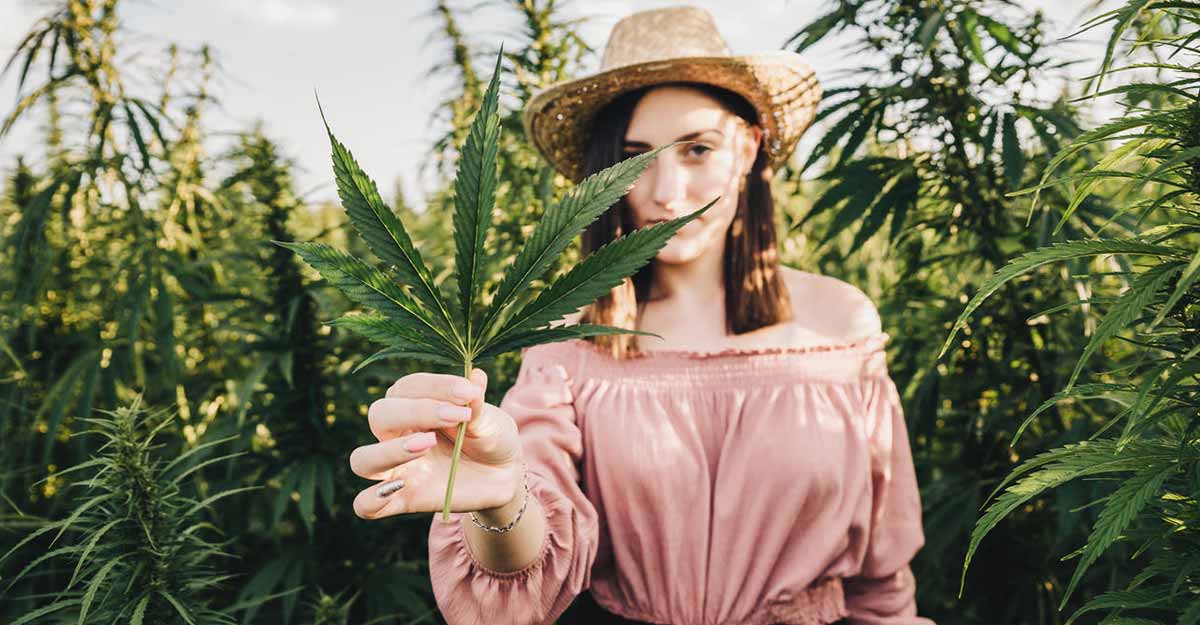
When did your cannabis journey begin? Do you like to use it recreationally or medicinally?
So I don’t delineate between medical and recreational. Wellness is wellness. I’m an equal opportunity user of weed. Since I was younger, I had an insatiable sense of curiosity which has always sparked my love of cannabis at a very young age. Over the past year, I have had time to ruminate about it and realized I like to focus on data. I like data. Data is my jam. So now I like to use a [cannabis] journal to write down the side-effects that I’m noticing and sometimes I will involve my husband who doesn’t use THC regularly as the “guinea pig” or control experiment.
Weed helps me get focused and centered. It’s very meditative. I get my family ready and then I’m free to be creative to write, to shoot photographs, to work on my website and I find that plenty of THC helps me to do that. I do use CBD often, though, in many different forms.
What are you hopeful about in the cannabis industry?
Things that I’m really hopeful about are access, the retail and legal market is fraught with so many problems but the fact there’s access to a myriad of cannabinoids that it makes me very hopeful for the future. Sure, we need to work out the regulations and equitability-which is a huge problem, there is no going around that, it’s a huge problem-but I’m excited about CBD, CBDA, THC, THCA, Delta 8, Delta 9. There are all of these different cannabinoids that we really wouldn’t have access to if we didn’t have a legal retail market.
As a mom, how do you have the “cannabis talk” with your daughter?
I’m a serial normalizer, so yes my daughter has been very cognisant of cannabis since she was 5 years old. I grow weed in our garden, next to our vegetables so it’s very, very normalized. There are weed leaves around my house, as well. To me, cannabis is not exotic and it’s not something we lock away. It’s not like booze and I don’t feel like it should be treated the same way. I had these conversations with her many times about pharmaceuticals and other potentially toxic things in the house. The difference is, when she sees a weed leaf on the container she knows that it’s medicine. She knows it and it’s not something that is a mystery to her. Also I don’t want her to think I’m doing something wrong. To hide or to do something in secret is not right.

What is your advice for the stigma that is evoked from being a cannabis mom, but also how do we address the privilege factor that comes along with it?
Oh yeah… Well first, we have been conditioned to think that this is a bad thing. Especially being over 35-40. Regardless of how you feel about using cannabis, you can still be an advocate for other people. Even though you are not benefiting from cannabis, even if you are not ingesting it, you can still advocate for those that do. I think that it is important to realize that cannabis isn’t for everyone but you can still support those that use it which will reduce the stigma around it. The inherent privilege will be reduced when the criminalization is completely eliminated.
What are some things that inspire you about working in the cannabis industry?
I feed on seeing really good stuff coming out of the cannabis industry and our culture. Seeing my friends who have struggled in their life, whether it be a physical or mental challenge, have all found that herb has helped in some way, shape, or form. The fact that more people are willing to be open about it is really inspiring to me. I have a really good friend who had made the claim she had “weed poisoning,” about 15 years ago (but really she just smoked a little too much) and then she wouldn’t touch it for years. It’s taken years to get to the point where she would be comfortable using again but now she is a regular CBD user and it has changed her life at work and at home. She found that this is something she could use without having lapses in consciousness, not inducing paranoia and didn’t affect her ability to drive a car for her children. So for me, it’s been so nice to be there for my friends if they need to ask questions about something but really it’s amazing to see people finding this gentle alternative.

It’s very interesting that you mention this, as I have noticed that there is a huge parallel between women in the cannabis industry and their drive for helping others. This is a very intertwined concept and it is now very apparent to me how important it is to have more women in the industry as they aid so heavily in its progression.
We definitely have a huge stake in this industry. We’ve been in it for eons but we’ve been far more stigmatized by it so women tend to be more quiet about it because they are in a sandwich position of being a caregiver for children, as well as, our elderly folks so this is my exact life. A lot of times we hide that. I think stepping into that truth and saying: “This is a female plant. We have been using this for thousands of years in many, many, many cultures for some many reasons that are unique to women.
It’s an estrogenic cannabinoid, which means when estrogen is around it is a better version of itself, so it actually enhances the cannabinoids. So for once, we women, finally have a leg up on something and we tend to benefit more from cannabinoids than men do. But, unfortunately that means we get a higher tolerance than men do!
I found it to be inspiring and glaring how many women-led companies are aligned with a sustainable future. It came up in every conversation I had, including this one…so why do you think that women are committing themselves to these values and a more holistic model?
I think that women are conscientious of these things. I think that women are cognisant in this industry. The cannabis industry is a space that has exploited many people, particularly black and brown communities, for years. I think women are able to acknowledge that and are able to progress in the industry because they do have empathy and want to see change.
We’re in a democratic, capitalist economy, and I myself am a socio-economist. I am profiting off of the cannabis industry but also, I’m acknowledging the people that have come before me. I’m acknowledging those who have given me the ability to do this. I wouldn’t be able to be as fearless or comfortable if weren’t for people like Dennis Peron, Cheri Sicard and the queer communities who have made huge contributions in cannabis, legalization and equity.
Ultimately weed communities will continue to get stronger and more advocates will unite. There has to be empathy and compassion. This is a compassionate plant. So if you’re just in for the coin, I fear your time is probably limited.

If you wanna see all of the amazing things Christina is up to, go check out her website and follow her on IG @thecannicierge.
Written by: Renee Smaldino

